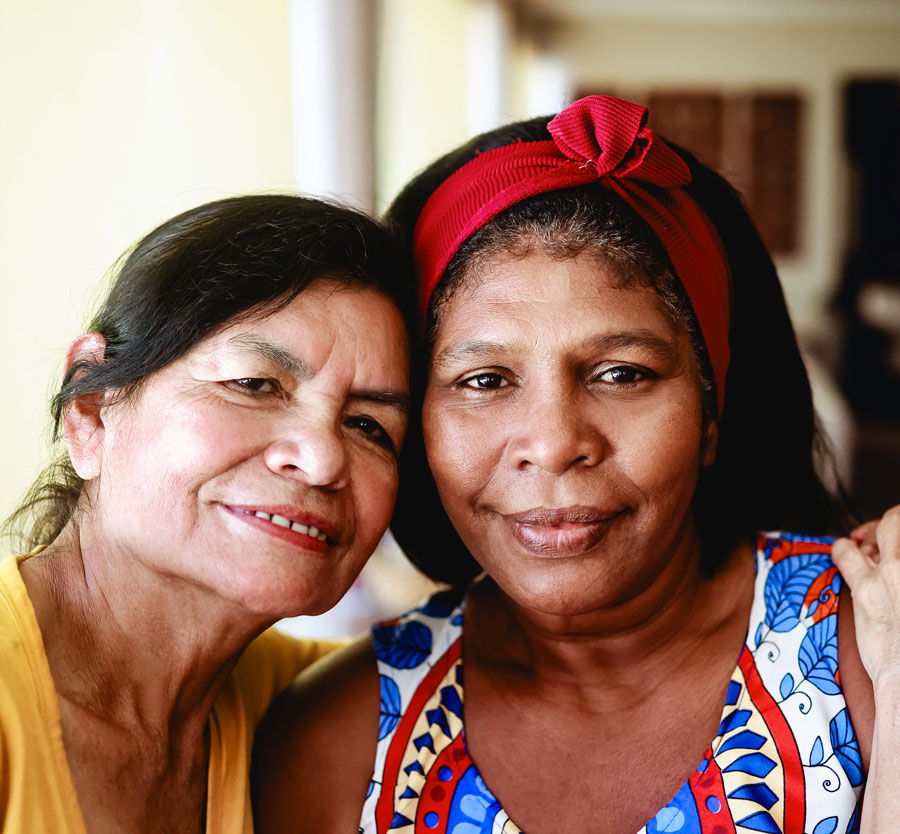We understand the unique challenges women affected by HIV face and are dedicated to being a safe space to find support and resources. From our high-quality healthcare to our Women Together community group, women can find competent care and community at APLA Health.
Our services are specifically designed to meet your needs, offering compassionate care that empowers you to take control of your health. Whether you need medical care, mental health support, or help managing your treatment, our dedicated team is here to provide you with the highest quality of care in a welcoming and inclusive environment. We know how important it is for you to feel heard and respected, and we're committed to being a trusted partner in your health journey.
You never have to feel like you're navigating this journey alone. Our goal is to help you live your life to the fullest, with all the support you need to manage your health and well-being. At APLA Health, we're here to ensure that you have the tools and resources to lead a vibrant, healthy life, every step of the way.
Frequently Asked Questions
- Women Together – A supportive peer group for women with HIV
- HIV Medical Care – Specialized healthcare for women’s unique needs
- Mental Health & Counseling – Therapy for emotional well-being
- Reproductive & Sexual Health Services – Gynecological care, family planning, and STI testing
- Housing Assistance – Support finding stable, safe housing
- Nutrition Programs – Food bank and meal delivery services for eligible clients
- Share experiences and challenges
- Build a strong support network
- Access health and wellness education
- Connect with resources for financial and housing stability
The group is open to all women living with HIV, including cisgender and transgender women. Whether you were recently diagnosed or have been living with HIV for years, you are welcome. Email kearnest@aplahealth.org to get started, or view our Women Together page for a full list of upcoming events.
- Changes in menstrual cycles due to HIV or medications
- Higher risk for osteoporosis and cardiovascular disease
- Increased risk of HPV-related cancers (cervical, anal, etc.)
- Mental health challenges related to stigma and isolation




